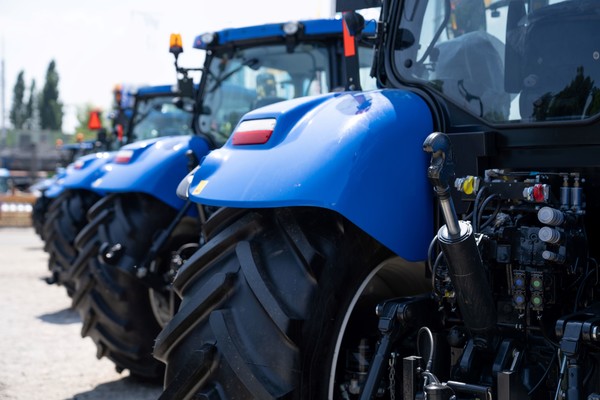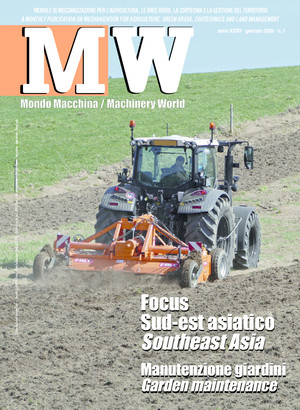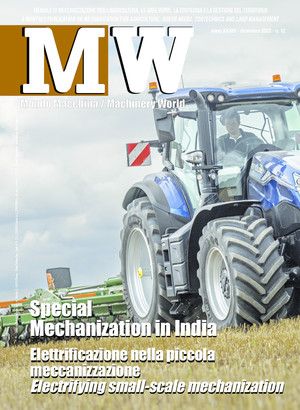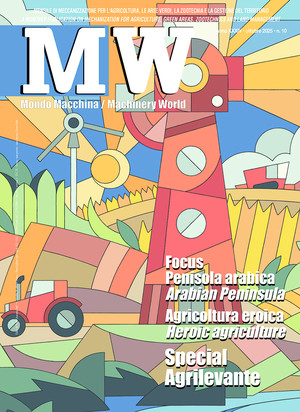
Exports, the fast track for European companies
The most recent free trade agreements signed by the EU with non-European countries provide a simplification of customs procedures for European companies. This is achieved thanks to the figures of the authorized exporter and the exporter registered to the REX system
Strengthening international competitiveness, with a keen awareness of the benefits of Free Trade Agreements, is key to growing exports while reducing red tape and time. Properly establishing the custom's origin of products and knowing how to use the duty exemptions and reductions provided for in the numerous Free Trade Agreements concluded by the European Union is indeed a topic of major interest for operators. Therefore, it is imperative for companies operating in international trade to know how to take advantage of the benefits accorded to the approved exporter and licensed exporter. However, it is also necessary for them to know and be able to apply the exemptions or reductions in import duties provided for in the many Free Trade Agreements entered into by the European Union.
These are Free Trade Agreements (FTAs), meaning international trade agreements, establishing customs unions or free trade areas, concluded by the European Union to support and promote exports of EU companies. These Agreements make it possible to zero or reduce import customs duties against products originating in partner countries and are, therefore, an important growth tool for exports and the internationalization of Italian companies. According to the European Commission, 42 Free Trade Agreements with more than 70 non-EU countries were in force in 2021. Besides the customs union with Andorra, Monaco, San Marino and Turkey and the European Economic Area with Norway, Iceland and Liechtenstein, the European Union has made numerous other arrangements, divided into old and new generation treaties. Among these, the least recent treaty - now still in force - is undoubtedly the one concluded with Switzerland in 1972, which is, however, limited to trade in industrial products only, services sector, intellectual property and agricultural products being excluded. Moreover, no mechanism for dispute settlement is provided. However, among the so-called New Generation Agreements are those with Singapore, South Korea, Canada, Japan, Vietnam and the United Kingdom. These agreements regulate aspects of a tariff nature and define numerous other areas of interest to businesses, harmonizing so-called "non-tariff" barriers. The new model of International Agreements also regulates several elements outside the strict customs framework, such as the protection of geographical indications of products and environmental and social standards. The main difference from traditional Agreements is simplifying the product's proof of preferential origin. To benefit from duty relief under the traditional Free Trade Agreements, it is necessary to prove the origin of the products through a paper document issued at the exporter's request by the country of origin's Customs authorities. On the other hand, in the new Agreements, the licensed exporter or REX registered exporter appears.








